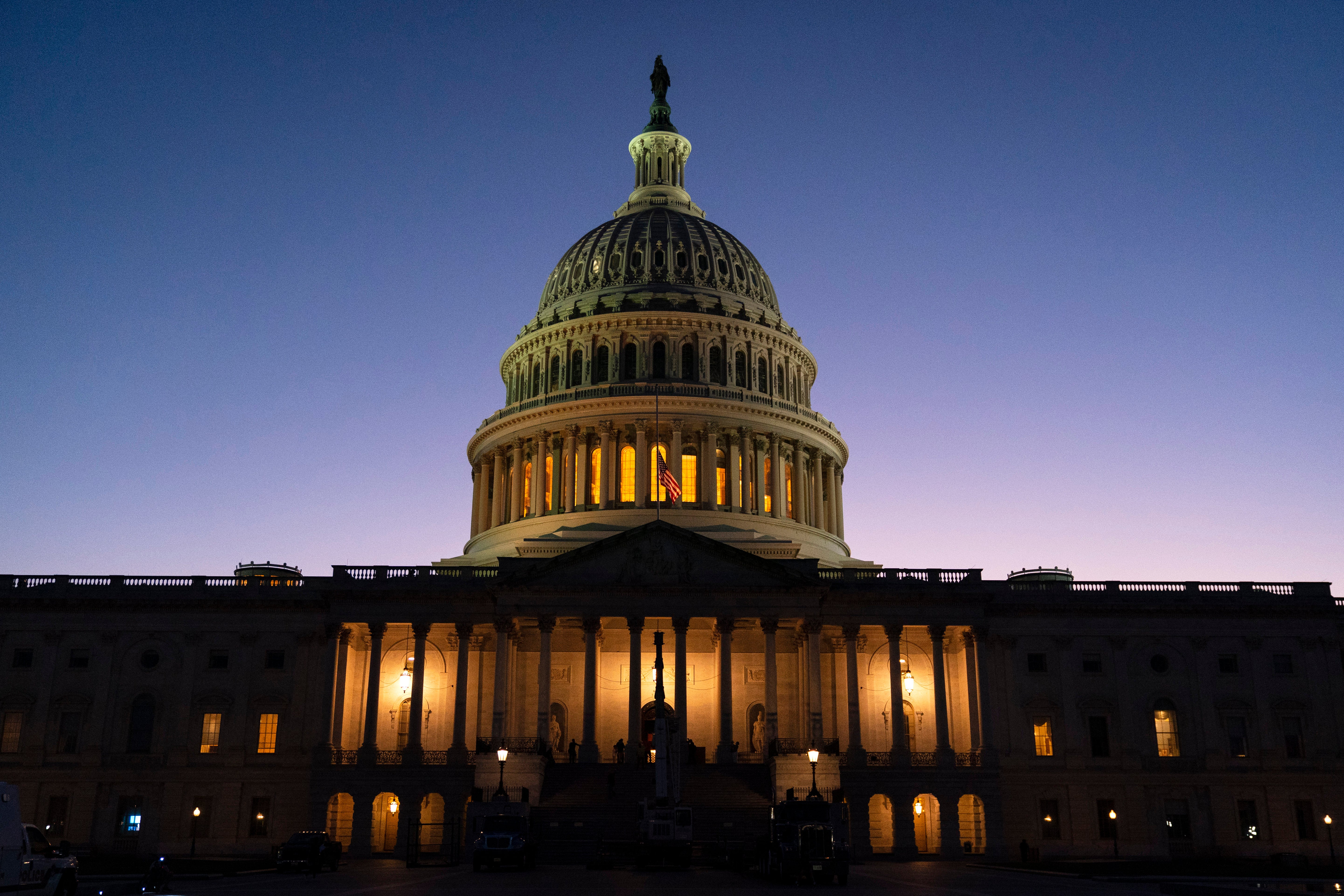Political instability has become the norm for Congress
Neither the Democrats nor the Republicans have held both the White House and total control of Congress for more than four consecutive years since 1968, writes Chris Stevenson


If Republicans take control of either the House of Representatives or the Senate following the midterm elections on Tuesday, it will mark the fifth time in the last three decades that a president who went into a midterm with unified control of government had it taken away by voters. Those other occasions: Donald Trump in 2018, Barack Obama in 2010, George W Bush in 2006 and Bill Clinton in 1994.
It would be the continuation of a pattern within modern US politics. Neither the Democrats nor the Republicans have held both the White House and total control of Congress for more than four consecutive years since 1968. Most midterm predictions suggest that the Republicans are favoured to take control of the House, while the Senate is essentially a toss-up, although the fate of both chambers will likely turn on a handful of key seats.
Let’s take 1994 as a line in the sand for modern US elections. It was then that the Republicans captured both the House and the Senate to end a period in which Democrats had held the majority in the House for four decades, and controlled the Senate for all but six years over that span. Since 1994, the Republicans have controlled Congress more often than the Democrats. The GOP has held the Senate for about 16 years and the Democrats for about 11. In the case of the House, the Republicans have held it for 20 of these past 28 years, and the Democrats for just eight. This does not bode well for the Democrats on Tuesday. And instability seems to be baked into the system.
So, beyond Congress, what do the midterms indicate about the presidential races that are held two years afterwards? Perhaps just that the Democrats probably shouldn’t worry too much, even if they lose control of one or both sides of Congress. Jimmy Carter and George HW Bush had what could be termed positive first-term midterm results and then lost their re-election races. But Harry Truman in 1948, Ronald Reagan in 1984, Bill Clinton in 1996 and Barack Obama in 2012 – whose parties all had poor midterms in 1946, 1982 and 2010 – all won re-election.
Join our commenting forum
Join thought-provoking conversations, follow other Independent readers and see their replies
Comments